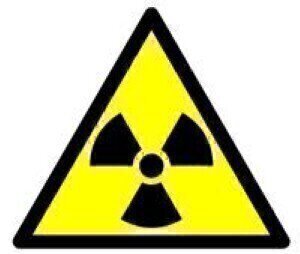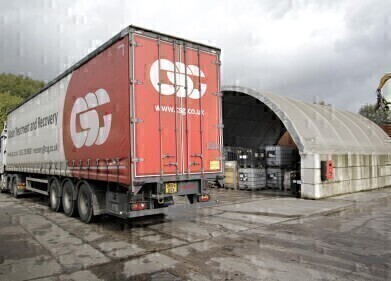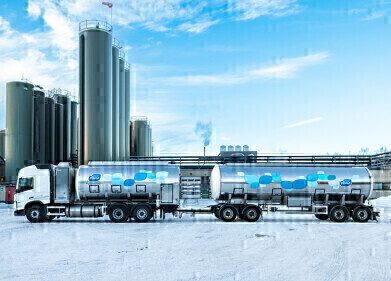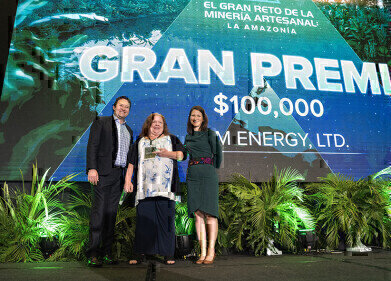Hazardous Waste
Nisp Helps Severn Trent Water Maximise Its Chp Capacity
Jul 30 2008
each year through its various on-site licensed anaerobic digestion (AD) facilities.
“The water industry has been operating AD plants for well over two decades,†explains Mark Needham, Commercial Manager for Severn TrentWater Limited, the world`s fourth largest privately-owned water
company. “The plants provide water and sewerage companies with an effective method of converting solids contained within sewage into biogas which can then be used to generate renewable energy, thereby
providing a sustainable treatment process.â€
The biogas is used to generate energy for a combined heat and power (CHP) unit creating electricity and heat to power and heat the plants. Any residual power is sold to the National Grid. Having worked in the water industry for the past fifteen years, James Woodcock, a member of NISP`s National Practitioner Team, contacted Severn Trent Water Limited to discuss how the programme can identify potential streams of waste geographically linked to each of the company`s AD plants.
James said, “What makes NISP unique is that we have access to data from each of our business members and can therefore identify, by geographic proximity, which companies have quantities of waste material,
currently being sent to landfill, that could be used by Severn Trent Water Limited as input stock for its various AD plants.
“An exciting aspect of this project is that the government views AD as the `best process` for dealing with the 7 million tonnes of food waste
produced in the UK each year. Companies within the water industry already have a considerable number of licensed AD plants in operation throughout the UK.
We are working with a number of these companies to establish the best mechanism to release this capacity for the treatment of food waste presenting a fast and effective way for companies to dispose of waste food without sending it to landfill.â€
Events
IWA World Water Congress & Exhibition
Aug 11 2024 Toronto, Canada
Aug 25 2024 Stockholm, Sweden and online
Sep 03 2024 Mexico City, Mexico
Sep 03 2024 Mexico City, Mexico
Sep 03 2024 San Diego, CA, USA














